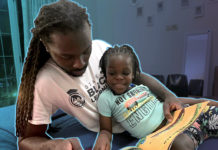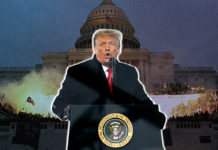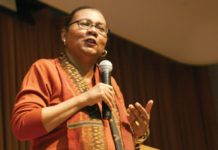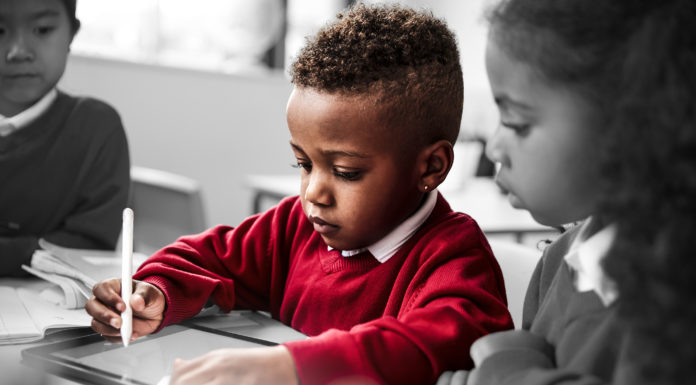Just two weeks after the failed coup at the Capitol, I felt renewed by the new administration’s message of unity—a restoration of hope and the possibility for a different America than what we had experienced over the last four years. My work in education contributed to this feeling of renewal, too. Riding this emotional wave of immense purpose, my colleague and I presented an impactful workshop to teachers about affirming cultural identities to ensure equity for all students. And we carried with us the energy of determination and hope delivered to our nation by a new president—until three letters ambushed the workshop.
KKK.
The letters were typed by a teacher in response to a question about the purpose of education and appeared on a digital collaboration board for all to see. Though quickly deleted, it was too late. The brave space we created for professional and personal growth to support our fellow educators had been breached.
Much like the insurgents’ invasion on the Capitol, this teacher wielded a representation of hate into a professional work space with the intent to resist and obstruct the progression of equity for Black and brown students. The audacious display of white privilege reared its ugliness again. I thought to myself,
“For crying out loud! Not again! Not today!”
The heinous and relentless beating on the humanity of Black and brown people is damaging to the totality of our brilliance. The effort to constantly lift up the fullness of our being is a heavy and unjust burden to carry. The cry for “mattering” is brutally exhausting.
This racist and hate-filled act by a teacher against the progress for change is a reminder that white supremacy is all around us—it didn’t end with the presidential election or the few arrests from January 6. And despite the powerful message of unity from our new president, white supremacy continues to live, work and—terrifyingly—teach among us.
However, I am undeterred. It is critical that every educator tied to the purpose of culturally affirming and antiracist teaching remains undeterred, too, and focused on the tremendous influence we hold in shaping our future. James Baldwin once said,
“The most potent weapon in the hands of the oppressor is the mind of the oppressed.”
With this in mind, our schools represent a place where students can experience the liberation of independent thinking and learning, while respecting their worth and the worth of others. When teachers welcome the diverse layers of identities and cultures in the classroom, students are able to make meaning of their place in the world and how to maneuver within it. Students begin to learn how they can contribute to society by honoring their identities and potential.
Dr. Gholdy Muhammad concluded in her book, Cultivating Genius: Cultivating Genius: An Equity Framework for Culturally and Historically Responsive Literacy,
“Before we get to the curriculum and standards, our students need to know that they are loved .. But we don’t just need love but a critical love that works to disrupt and dismantle oppression.”
For this reason, rejecting racist ideas that deny equity, inclusion, justice and empathy is imperative “in order to form a more perfect union.” Teaching our youth requires educators to understand and accept cultures different from one’s own without judgement or hate—a lesson the teacher in our workshop clearly missed along the way.
In the name of culturally affirming and antiracist education, let there be no room for racism and hate in our institutions of learning. If acknowledging white privilege is inconceivable or denouncing white supremacy is unthinkable for you, then our country cannot afford to have you teaching our children.









